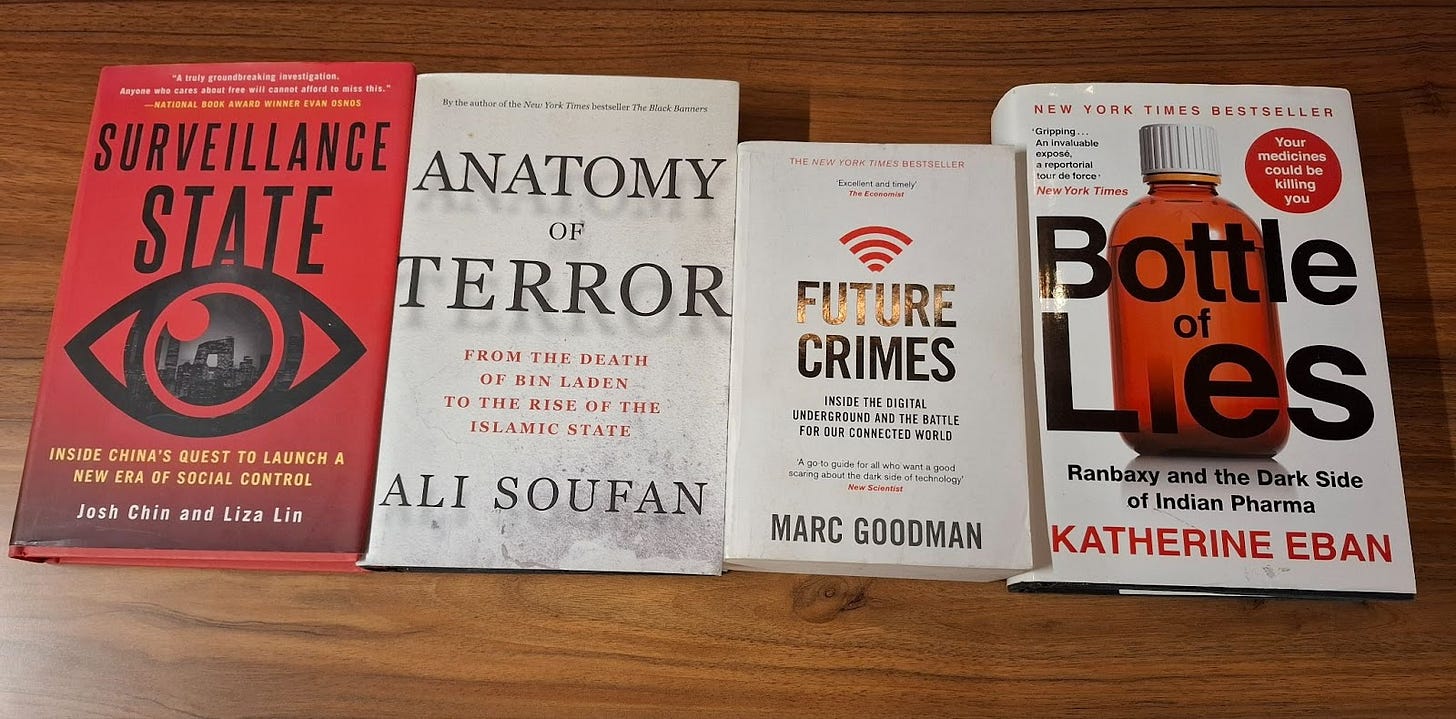Tale of a Seal Hunt and a Cabinet Committee
When six year old Brody Panigoniak hunted his first seal, his mother did what many other Indigenous families often did following a young community member’s first seal hunt. She threw a party.
There was a games night held for the community and gifts were distributed with the winner of the evening festivities getting a cash prize. While Brody’s achievement was featured in the Nunatsiaq News (newspaper of record for the Canadian Territory of Nunavut and the Nunavik territory of the Province of Quebec), the celebration was not entirely unique to Indigenous communities of Nunavut and Quebec alone.
Further west, in coastal Alaska, Indigenous communities commonly commemorate a young hunter’s first catch with a celebration also known as a ‘seal party’ where meat from the first seal of the season is distributed among women and elders. Given the return of migratory birds and fish runs in the springtime, such parties present an opportunity to acknowledge the start of the new hunting season, in a relatively harsh geographical terrain.
Western Alaska in particular is reachable only by air, with the majority of the community relying on birds, fish and marine mammals for subsistence.
In Canada, seal hunting in particular holds great social and cultural value for many Indigenous communities. As one University of Saskatchewan professor noted, "life in the Arctic is only possible through seal meat" when explaining the lives of many Inuit peoples. Traditionally, seal hunting allowed the Inuit community to use the seal skins to keep warm in cold climes, with the blubber being used to heat their homes. In contemporary Arctic life, skins are sold, with the meat remaining a source of sustenance.
More recently however, these seal parties have morphed into what are now known as ‘throwing parties’ where gifts and small trinkets are thrown from the celebrant to the waiting crowd of community members to commemorate more than just the first season’s hunt, but also graduations, weddings and new births.
Takshashila Director, Nitin Pai, may also have a first time practice that he’d like the proverbial Indian ‘community’ (i.e.: government) to institute (if not celebrate just as yet) - the convening of a dedicated Cabinet Committee on Science and Technology.
“[It is a] strategic imperative", Nitin argues about the introduction of such a committee and continues:
“There is a case for a higher-level mechanism to set the overall policy direction, coordinate between ministries and oversee strategic plans in various science and technology domains.
It is abundantly clear that we are amid a global tech war which will intensify. With the right structures in place, India could better harness its resources, expertise and human capital to emerge as a major power.”
Read the four compelling reasons he articulates around this assertion at this link. If Nitin’s words were to be heeded, there may yet be an opportunity for celebration in due course.
Cut It Out? Shambhavi’s Take on Gene Editing in Children…
Takshashila’s Head of Research and Chairperson of our Advanced Biology Programme, Shambhavi Naik, explores the issue of banning gene editing in children as a guest on the Deepak Disagrees podcast.
Spoiler alert: she believes that gene editing in children should remain largely unregulated and among other things, forays into conversation on potential definitions around ‘disease’, the use of labelling and ethical boundaries in this context.
Follow this link to be a fly on the wall for their fascinating discussion.
Hardly Boring: China’s Export Restrictions on Tunnel Boring Machines…
In their latest blog piece, Takshashila Deputy Director, Pranay Kotasthane and Staff Research Analyst with the Indo-Pacific Studies Programme, Amit Kumar, dig deep into developments around export restrictions on tunnel boring machines (TBMs).
In their latest blog, Pranay and Amit argue that by imposing export restrictions, China appears to resort to economic coercion when it comes to its economic relationship with India.
Importantly, they argue that these actions do not render India vulnerable:
“China’s export restrictions do not equip it with any strategic leverage vis-a-vis India. A recent study…finds that a majority of items for which India depends on China are substitutable in the short to medium-term. China’s attempts to use export restrictions vis-a-vis India will only force further diversification and, thus, diminish whatever leverage it holds.
Consequently, it appears that the antidote to China’s overcapacity is China itself. China’s move towards self-sufficiency and worsening business environment are already pushing foreign companies away. Blocking non-sensitive exports will further isolate the Chinese economy.”
For a more fulsome reading of their arguments, follow this link.
A New American Administration and its Impact on China
Takshashila Indo-Pacific Studies Programme Staff Research Analyst, Anushka Saxena has views on US-India relations (under the new Trump administration), as well as the consequent implications for China; we’re delighted she had an opportunity to share them on The Global Express.
To watch her share her thoughtful analysis, follow this link.
Heralding a New Edition of IPPR!
The new edition of the Indian Public Policy Review (IPPR) is out!
This edition features research ranging from India’s path to sustainable growth to centrally sponsored programs in relation to the Sustainable Development Goals (SDGs) and ways to achieve these targets.
Take a closer look at these carefully curated pieces at the link here.
Unpacking Delimitation and Reapportionment: ATP Episode of the Week
Our All Things Policy Episode of the week focuses on delimitation, particularly examining the historical context of this exercise, and what is at stake for the southern states.
Join Takshashila Policy School Programme Manager, Suman Joshi, and Research Intern, Miheer Karandikar as they unpack some of the many considerations on the issue.
To listen to the rich insights from their conversation, follow this link.
Takshashila Tabletop Trove!
Welcome back to the Tabletop Trove of Dispatch! As you may well know, this section is intended to be a virtual repository of the books that sit at a high-table located in Takshashila’s physical office space in Bengaluru, Karnataka.
This week’s theme is ‘Criminal Playbooks’ as curated by our Indo-Pacific Studies Staff Research Analyst, Anushka Saxena:
Surveillance State: Inside China's Quest to Launch a New Era of Social Control (Josh Chin and Liza Lin)
Anatomy of Terror: From the Death of Bin Laden to the Rise of the Islamic State (Ali Soufan)
Future Crimes: Inside the Digital Underground and the Battle for our Connected World (Marc Goodman)
Bottle of Lies: Ranbaxy and the Dark Side of Indian Pharma (Katherine Eban)
This edition of the Dispatch was written by Kripa Koshy, Programme Manager for Takshashila’s Post Graduate Programme in Public Policy.





